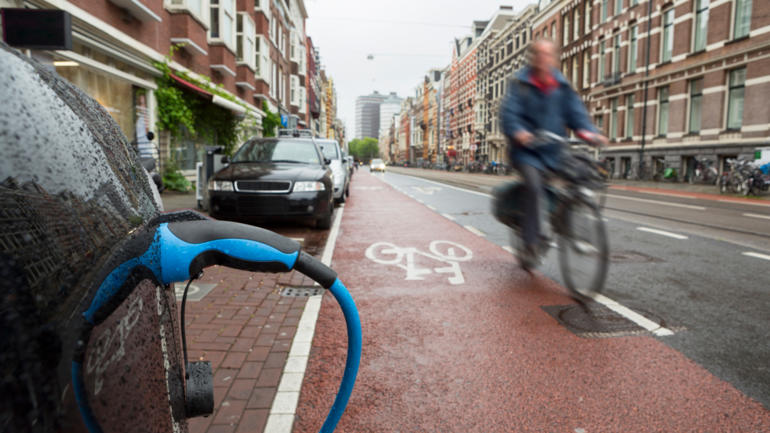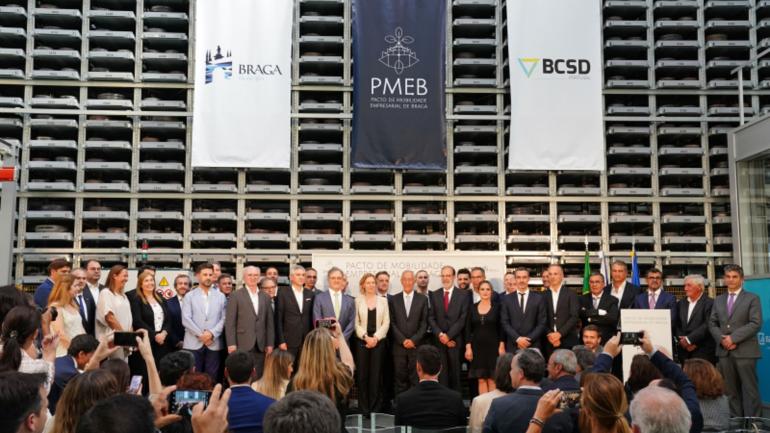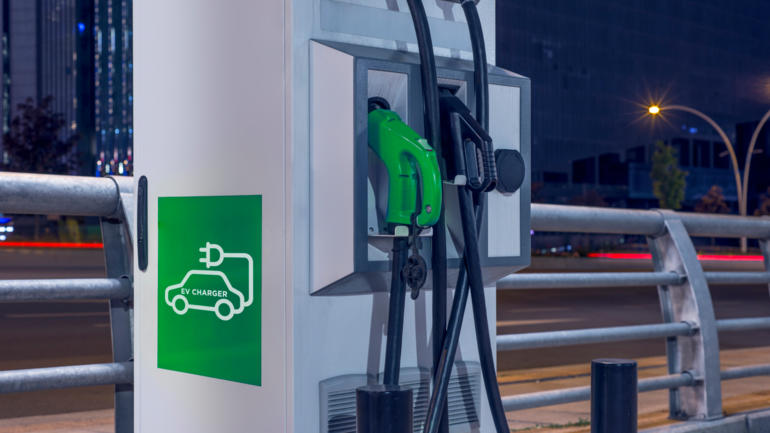By 2030 cities will be home to 60% of the global population which will lead to increased traffic congestion and reduced air quality through a 60% increase in CO2 emissions.
Today, the transport sector represents 23% of all energy-related global emissions. Transport emissions have grown faster than any other sector over the past 50 years while demand for transport continues to grow. As a result, CO2 emissions from transport activity will not decrease but rather could potentially increase by 60% by 2050.
Curbing these sectoral emissions is essential to implementing global pathways consistent with the Paris Agreement goal of keeping global temperatures “well below a 2C increase”. Ambitious reductions of transport emissions require an alignment of national plans, a strong engagement from cities, sectoral roadmaps and strategies of the private sector. To succeed in this endeavor, strong action and coordination of all stakeholders are required.
In 2018 WBCSD joined forces with five key international initiatives to support policymakers in the transformation of the mobility sector. A Transport Decarbonization Toolbox was launched at the Movin’On summit in June 2018 to help stakeholders translate ambitions into actions.
The Transport Decarbonization Toolbox initiative provides essential tools for transport stakeholders to identify transport-related measures to limit global warming. The tools enable an inclusive dialogue between countries, cities, regions, companies, citizens and experts in order to define relevant and implementable low emissions objectives and strategies.
The Toolbox addresses three crucial stakeholders in the transformation of the mobility sector:
- countries,
- cities, and
- companies.
Countries can rely on the following tools to achieve emissions targets nation-wide:
- The framework proposed in the PPMC macro-roadmap of action (2050 horizon);
- The “Decarbonizing Transport” modeling tools crafted by the International Transport Forum (ITF);
- The DDPP (Deep Decarbonisation Pathway) projects developed by the Institut du Développement Durable et des Relations Internationales (IDDRI);
Cities can use the SiMPlify methodology and online mobility tool to facilitate the collaboration between business and cities in bringing safe, efficient and clean mobility to their citizens.
Companies can use the SBT (Science Based Target) methodology developed by the Carbon Disclosure Project (CDP), the UN Global Compact (UNGC), the World Resource Institute (WRI), and the World Wide Fund (WWF) to set greenhouse gas emission reduction targets in line with climate science.
All contact information as well as further details are available on the flyer.








